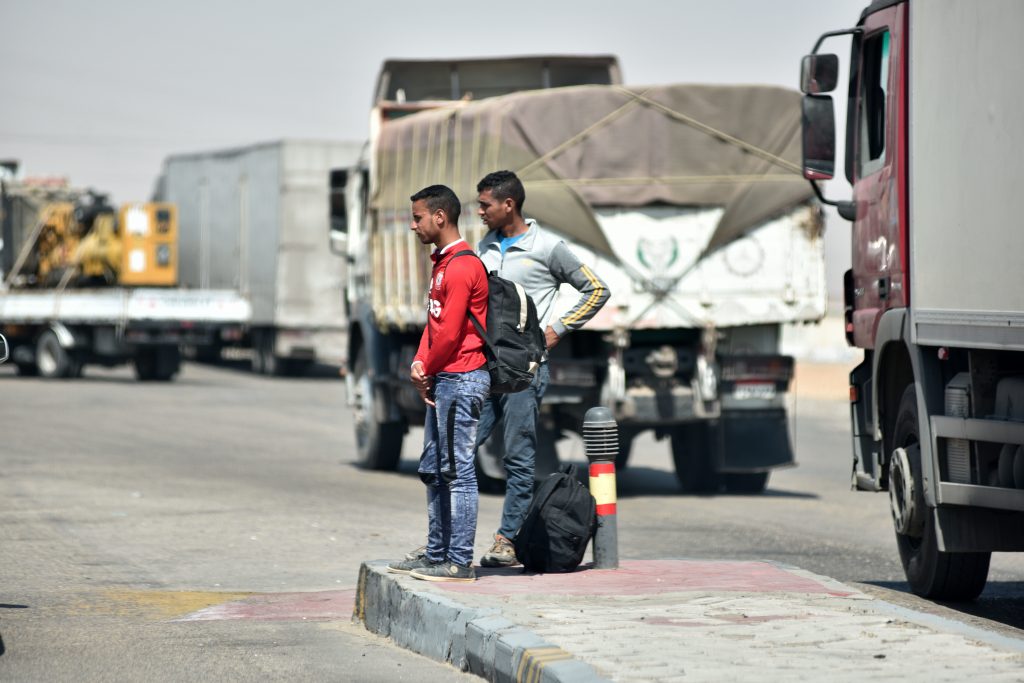São Paulo – The unemployment among young people in the Arab countries stands at 25% and more than 27 million young workers will enter the labor market in the region in the next five years. The statement was made by Jihad Azour, Director of the Middle East and Central Asia Department at the International Monetary Fund (IMF), this Thursday (12) in the first day of the Arab Economic Forum, in Lebanon’s capital Beirut.
Azour said that the region holds the highest level of youth unemployment in the world and promoted an agenda with suggestion of priority measures to promote inclusive growth in the Arab countries. The director said that inclusive growth means the ability to meet the people’s expectations, created jobs and enhance social justice.
According to Azour, economic growth in the Middle East has been sub-par since the beginning of the global financial crisis, which has been resulting in floating income levels and insufficient working opportunities. He listed, among the causes, of the negative impact in the region the volatility of global commodities prices and local conflicts. “Reforms in support of inclusive growth can help lead to great achievements,” he said.
The director said that an annual increase of 0.5 percentage point in employment can raise real Gross Domestic Product (GDP) growth in 5.5% and per capita income in 3.8% per year. “The young people of the region have tremendous potential if given the right opportunities,” he said. Besides the integration of young people in the labor market, he also mentioned a greater participation of women in the labor market as a factor that can boost growth.
Azour said that many Arab countries have placed creating jobs at the top of their reforms programs, enhancing the business climate, cutting red tape and promoting small and medium-sized companies. “Many countries are making efforts to use technology to expand economic and financial inclusion,” said the director, mentioning initiatives in this sense in Egypt, Lebanon, Jordan and the UAE.
He also recalled the creation of 85,000 jobs by the auto industry in Morocco by enhancing the business climate and the creation of free trade zones in Casablanca and Tangier. “At present, about 45 percent of the spare parts required by the auto sector are manufactured by domestic suppliers,” he said.
Azour listed five priorities for inclusive growth in the region. The first one is promoting the private sector. The old model, where the state plays the role of primary employer, is no longer sustainable,” he said. The second priority is the support to marginalized groups. “Policies must be adopted to integrate young people, women and rural inhabitants into the labor force by preparing them for suitable jobs,” he said.
The third measure he suggested is to use fiscal policy to invest in human resources and infrastructure. This requires an increase in taxes and to allocate a larger share of public funds in infrastructure, education and social programs. The fourth priority mentioned is the integration into global economy, promoting greater trade openness. And the fifth priority is enhancing governance and combating corruption.
Many authorities from the region attended the forum in Lebanon, among them the head of Lebanon’s Central Bank, Riad Salameh, who presented a forecast pointing to a 2% growth of the Lebanese economy this year and an inflation rate between 4% and 5%. Lebanon’s Prime Minister, Saad Hariri, and the president of Kuwait’s National Assembly, Marzouq Al-Ghanim, also spoke at the forum.
Translated by Sérgio Kakitani




